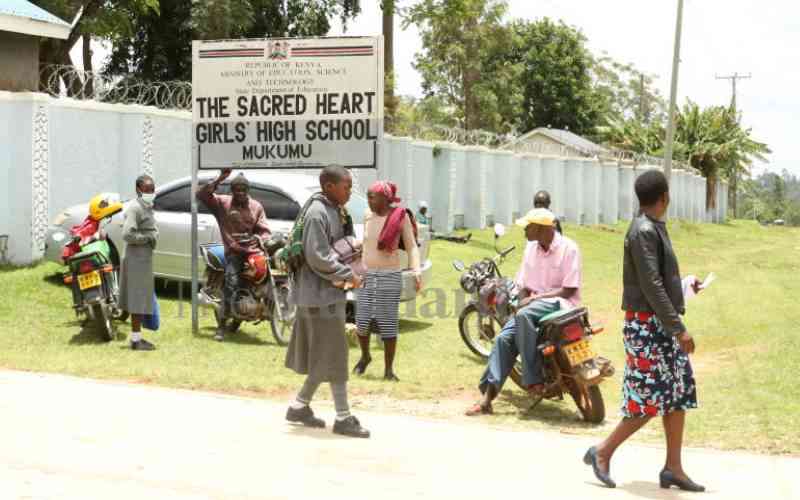×
The Standard e-Paper
Smart Minds Choose Us

The recent spike in deaths in schools, the most notable case being at the Sacred Heart Mukumu Girls High School, brings to the fore once again the unattended matter of school safety.
Successive governments have taken a puritanical and moralistic view around school discipline matters. It is clear that school managers are taking advantage of this view and instead of taking full responsibility, some are blaming and gas lighting students and the media.